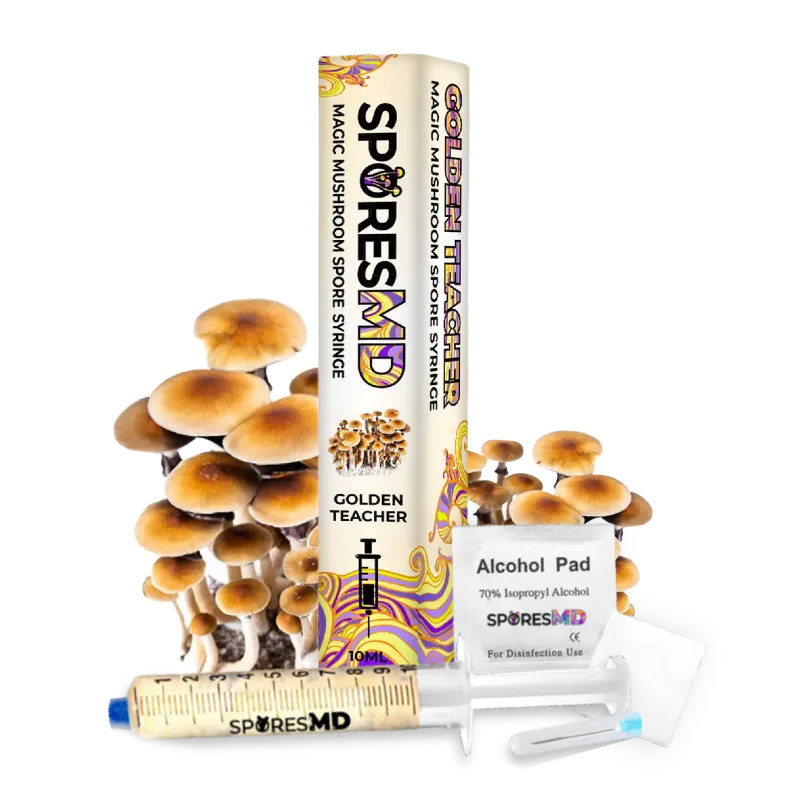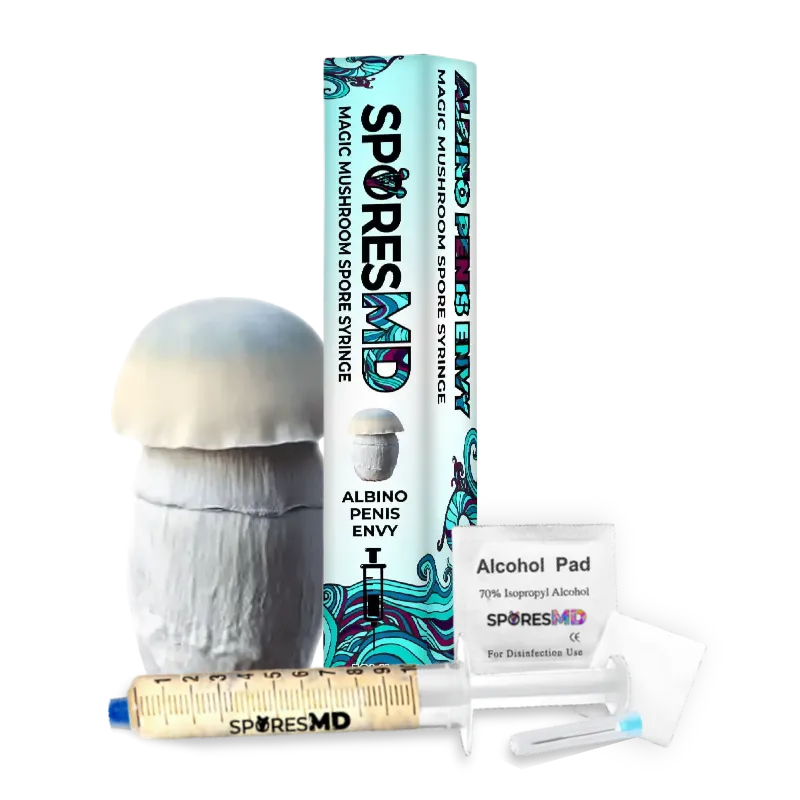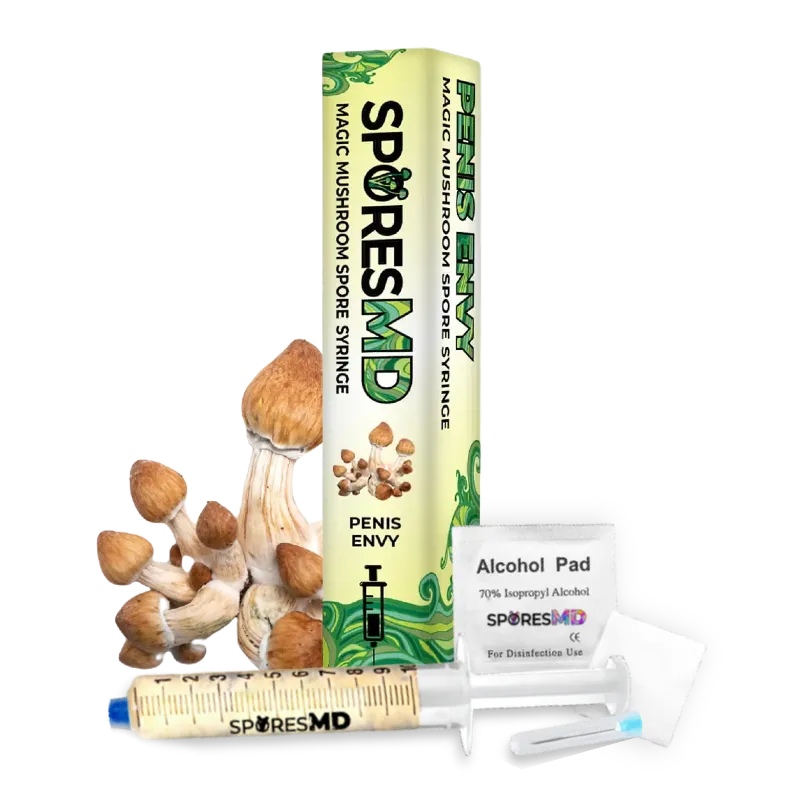Key Takeaways
- Mushroom spore colonization typically takes 7–30 days, depending on the species, with oyster mushrooms being the fastest (7–14 days) and lion’s mane among the slowest (21–30 days).
- Ideal environmental conditions for colonization include temperatures of 65–75°F and humidity levels of 85–95%.
- Proper substrate preparation, inoculation techniques, and sterile practices are critical to successful and contamination-free colonization.
- Faster colonization can be achieved by using fresh spawn, nutrient-rich substrates, and evenly distributing inoculum within the substrate.
- Regular monitoring of temperature, humidity, and mycelium growth ensures timely adjustments and optimal results.
- Addressing common issues like contamination or delays requires maintaining cleanliness, appropriate environmental conditions, and high-quality spores.
Mushroom spores typically take 7 to 21 days to colonize. Some species, like oyster mushrooms, can colonize in as little as 7 days, while others, like lion’s mane, may take up to 30 days.
The process depends on factors like temperature, humidity, and the type of mushroom. Ideal conditions include temperatures between 65–75°F and humidity levels of 85–95%. Without these, colonization slows down or even fails.
Understanding these timelines and conditions is key to successful cultivation. Whether you’re growing fast colonizers or slower species, proper care ensures a thriving mycelium network.
Factors Influencing Colonization Time
Colonization times vary by mushroom type, environmental conditions, and cultivation practices. Optimizing these factors ensures faster and healthier mycelium growth.
Types of Mushrooms and Their Colonization Rates
Different mushrooms colonize substrates at varied rates. For example:
| Mushroom Species | Average Colonization Time |
|---|---|
| Oyster | 7–14 days |
| Shiitake | 7–14 days |
| Button | 14–21 days |
| Lion’s Mane | 21–30 days |
| Reishi | 21–30 days |
| Maitake | 21–30 days |
| Enoki | 14–21 days |
| King Oyster | 14–21 days |
Faster species like oyster mushrooms are ideal for beginners. Longer colonization times, such as with Lion’s Mane, require patience and stable conditions.
Optimal Environmental Conditions
Temperature and humidity directly affect mycelium growth rates. For most species:
- Temperature: Maintain 65–75°F (18–24°C).
- Humidity: Keep levels at 85–95%.
Ensure proper airflow to prevent contamination while retaining moisture. Adjust variables for species-specific needs. Achieving these standards boosts colonization speed and consistency in your results.
The Colonization Process
Mushroom spore colonization follows key stages that ensure the mycelium spreads efficiently. Each phase requires specific conditions to promote successful growth.
Stages of Spore Development
- Spore Inoculation: You introduce spores to a compatible substrate (you can purchase your microscopy spore syringes and liquid cultures from SporesMD).
- Germination: Mycelium threads (hyphae) emerge from the spores.
- Mycelial Growth: The mycelium spreads through the substrate, forming a network.
- Full Colonization: The substrate is entirely covered by white mycelial threads.
Creating ideal conditions, such as 65–75°F and 85–95% humidity, accelerates these stages, as per cultivation guidelines.
Substrate Preparation and Inoculation
Preparing a suitable substrate ensures proper colonization. Substrates like straw, coffee grounds, or grain spawn work well for different species.
For sterilized, high-nitrogen options like grain, use clean or sterile spaces to avoid contamination. Natural materials like wood logs can be inoculated outdoors with minimal risks.
Mix inoculum evenly across the substrate to enhance mycelial distributions. Always choose healthy cultures for substrate inoculation to optimize results.
Incubation and Mycelial Growth
Incubation periods last between 7–30 days, depending on species. Oyster mushrooms complete the process faster (7–14 days), while Lion’s Mane takes 21–30 days.
Keep incubation areas dark, maintain consistent temperature ranges (65–75°F), and ensure moderate airflow. Monitor the substrate daily for contamination signs, and adjust conditions to foster robust growth.
Proper care during incubation supports efficient colonization and sets the foundation for successful fruiting.
Common Challenges and Solutions
Colonizing mushroom spores can be challenging if environmental conditions or techniques aren’t optimized. Addressing issues like delays and contamination helps ensure efficient growth.
Addressing Delayed Colonization
Delayed colonization often results from suboptimal conditions or poor spore quality. To enhance colonization rates:
- Maintain Ideal Temperature: Aim for 65–75°F for most species.
- Monitor Humidity Levels: Keep it at 85–95% to support mycelial growth.
- Use Fresh and Viable Spores: Old or improperly stored spores germinate slowly.
For species like lion’s mane requiring up to 30 days, patience is essential. Adjust environmental factors promptly if growth stagnates.
Preventing Contamination
Contamination can destroy mycelium by introducing competing organisms. Follow these steps to reduce risks:
- Sterilize Substrates: Use pressure cookers or steam sterilization for substrates like grain spawn.
- Practice Sterile Techniques: Wear gloves, use sanitized tools, and work in clean environments.
- Inspect for Signs: Look for unusual colors or foul odors, which indicate contamination.
Proper hygiene and regular monitoring prevent common issues, ensuring healthy colonization and successful harvests.
Enhancing Colonization Speed
Faster colonization speeds improve efficiency and reduce the risk of contamination. Adopting advanced techniques and making precise adjustments ensures optimal mycelial growth.
Advanced Techniques
- Inoculum Selection: Use fresh, vigorous cultures for rapid colonization. Older or contaminated spawn often leads to delays or failure.
- Substrate Quality: Choose nutrient-rich substrates like straw or supplemented sawdust. Proper preparation, like pasteurization or sterilization, prevents contaminants.
- Spawn Distribution: Through-spawning, where spawn is mixed evenly into the substrate, accelerates colonization as compared to top-spawning methods.
- Environmental Control: Maintain temperatures of 65–75°F and humidity levels of 85–95% for optimal results, as recommended by agricultural studies.
Monitoring and Adjustments
- Inspect Regularly: Check for uniform mycelial growth. Uneven spread may indicate compaction or poor distribution.
- Correct Issues: Adjust moisture if the substrate appears too wet or dry. Excess moisture slows growth and promotes contamination.
- Hygiene Practices: Regularly sanitize tools and environments to prevent infections that can halt colonization.
- Track Timelines: For species like oyster mushrooms, growth should begin in 7–14 days. Delays signal potential issues requiring immediate action.
Conclusion
Understanding the factors that influence mushroom spore colonization is essential for achieving healthy and consistent growth. By optimizing temperature, humidity, and substrate conditions, you can significantly improve colonization rates and reduce potential setbacks like contamination.
Whether you’re cultivating fast-growing species like oyster mushrooms or more demanding ones like lion’s mane, patience and proper care during the incubation period are key. With the right techniques and attention to detail, you’ll set the stage for a successful and rewarding mushroom cultivation experience.

![How Long Does It Take Mushroom Spores to Colonize? [7-30 Days Based on Species & Conditions]](https://sporesmd.com/wp-content/uploads/2024/03/how-long-does-it-take-mushroom-spores-to-colonize-featured-image.webp)



